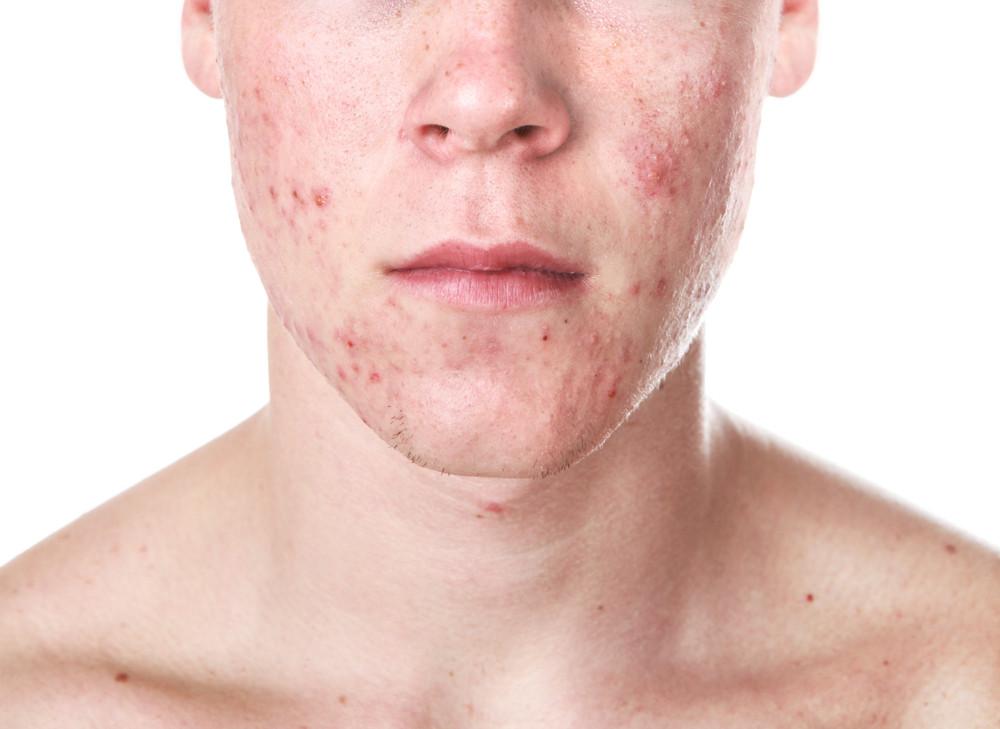Continuing his popular Medical Matters column, this week Dr Ciaran Roarty of Scally McDaid Roarty Medical Practice talks about acne.
Acne is a common problem mainly associated with the teenage years though it can affect young babies and older adults.
It causes black, red or white spots on the face, neck, back and chest. It more commonly affects boys and most teenagers develop it to some degree.
Blocked skin pores (which usually have hair growing out of them and release oil) become infected with bacteria and this is usually the underlying problem with acne. Sometimes other conditions e.g. Polycystic Ovarian Syndrome can also cause acne.
Can anything make it worse?
Covering acne with a lot of creams and makeup can exacerbate things as well as constantly touching your face with your hands (which can spread germs).
Tight clothing, excessive sweating and certain medicines can also make things worse as well as picking or squeezing the spots.
Poor hygiene does not cause acne and stress while not helping acne, is not a cause for it.
Advice to people with acne
Wash twice a day with lukewarm water and an antiseptic wash. Do not use strong soaps and avoid abrasive cleansers with granules. Air dry your face.
Your doctor can advise on various treatments which work really well for acne. Each individual is different however and your treatment may have to be tailored for you. They do take time to take effect.
Your doctor may advise a topical gel or cream containing, for example, benzoyl peroxide. Other topical treatments that are prescribed are known as retinoids and your doctor will likely explain to you about any possible side effects and using sunblock.
Topical antibiotics may be prescribed in combination with other treatments also.
Antibiotic tablets work by killing germs that contribute to causing acne and are often prescribed along with a topical treatment.
It takes time to work and it is important to tell your doctor if you intend becoming pregnant before commencing as some of the above treatments will not be advised.
Certain contraceptive pills may help acne, while others can exacerbate it. Other more powerful tablets are also sometimes prescribed for more severe acne and they work by reducing the amount of oil made by your skin.
Any treatment takes up to 6 weeks for there to be any effect and may take up to 4 months to be most effective so you need to give it a chance to work.
Ongoing topical treatments may be needed to keep spots at bay once the initial treatment has finished.
Scars from acne can be treated by laser treatment, peeling treatments and collagen injections though these can be quite expensive.
The above information is intended as advice only and should you have any concerns please contact your own Doctor.
Dr Ciarán Roarty MB, BCh BAO MICGP DRCOG Grad. Cert. Obst. Ultrasound
is a full-time GP at Scally McDaid Roarty Medical Practice, Scally Place, Letterkenny, Tel 0749164111
scallys.ie








